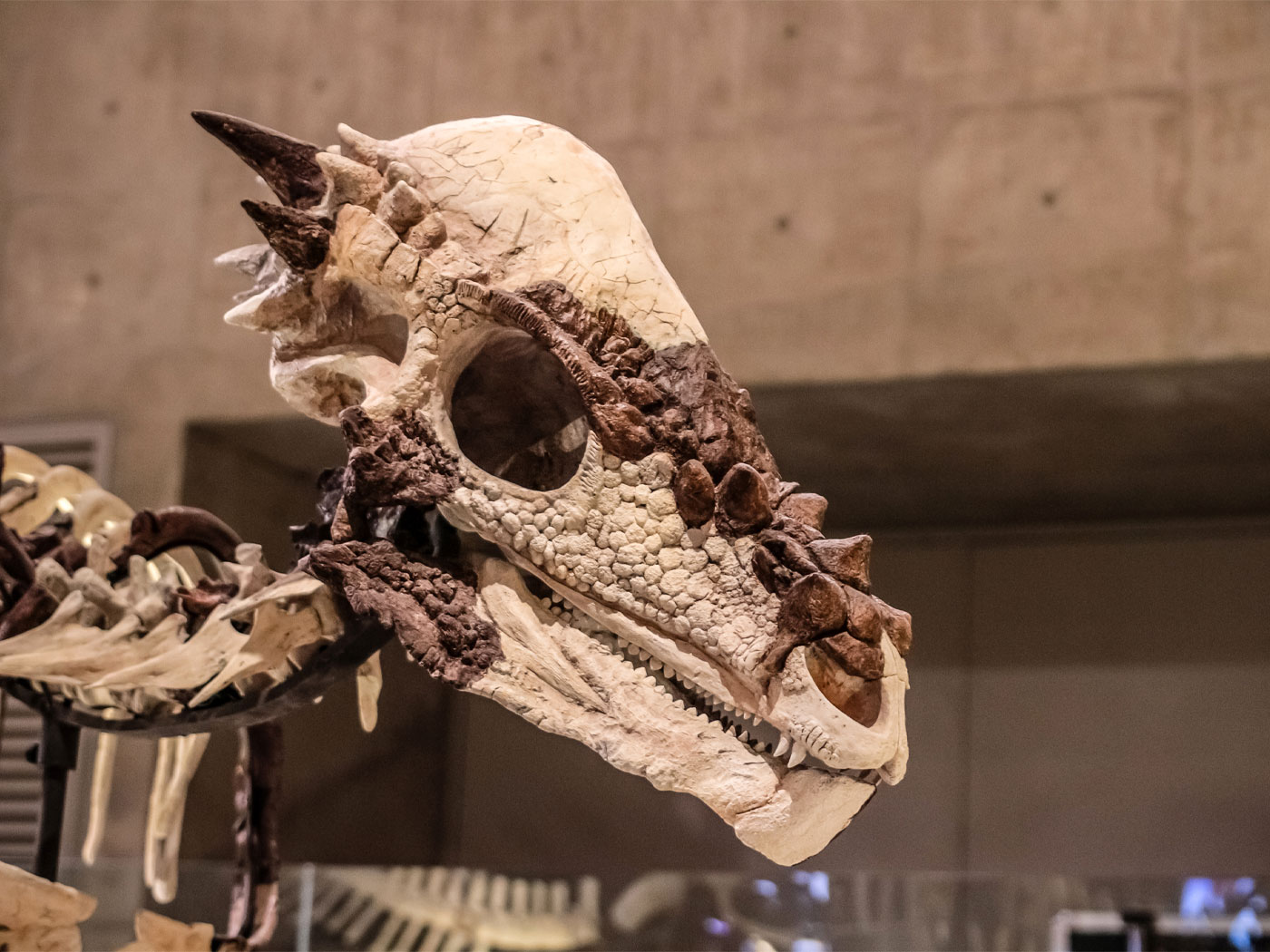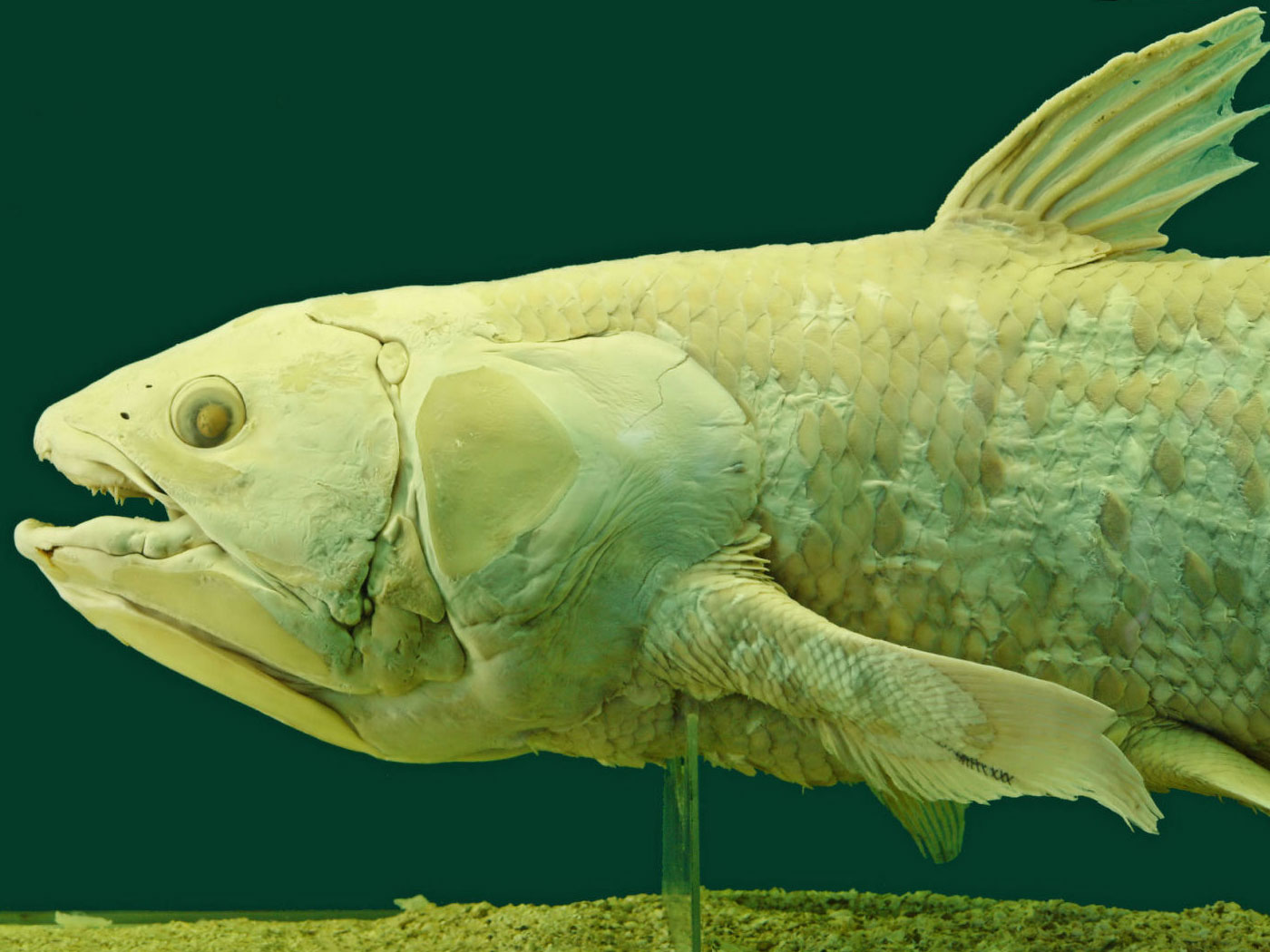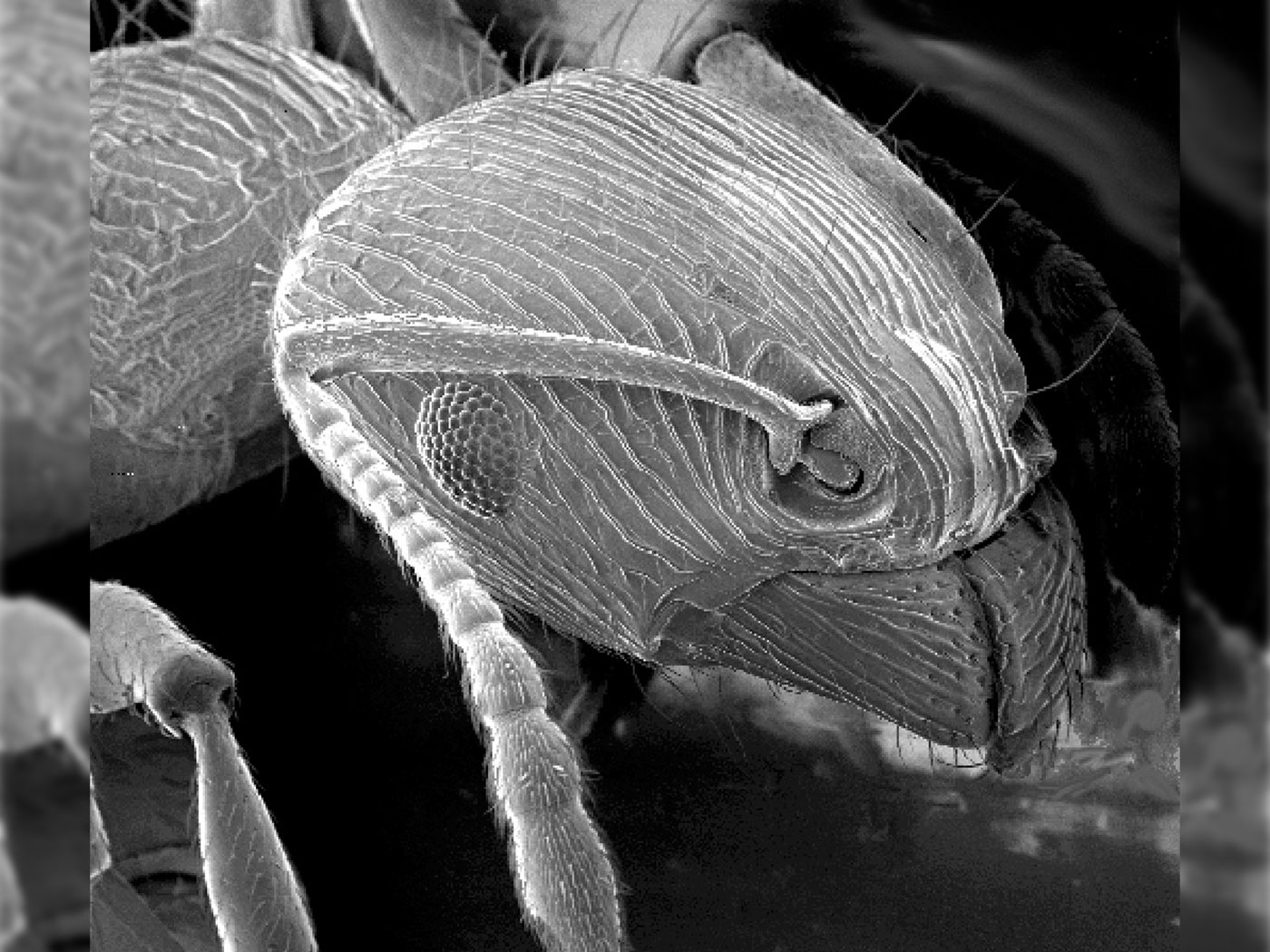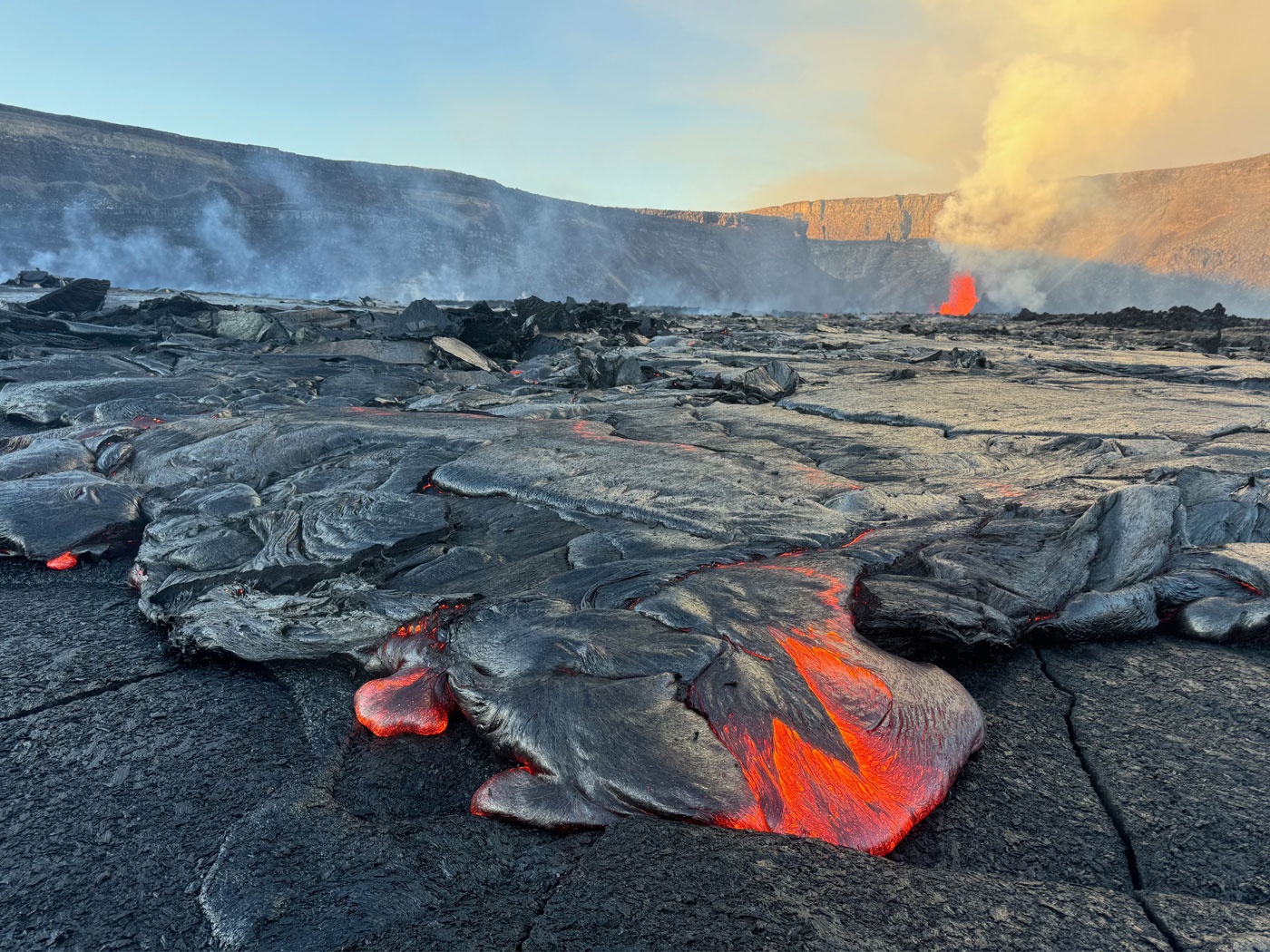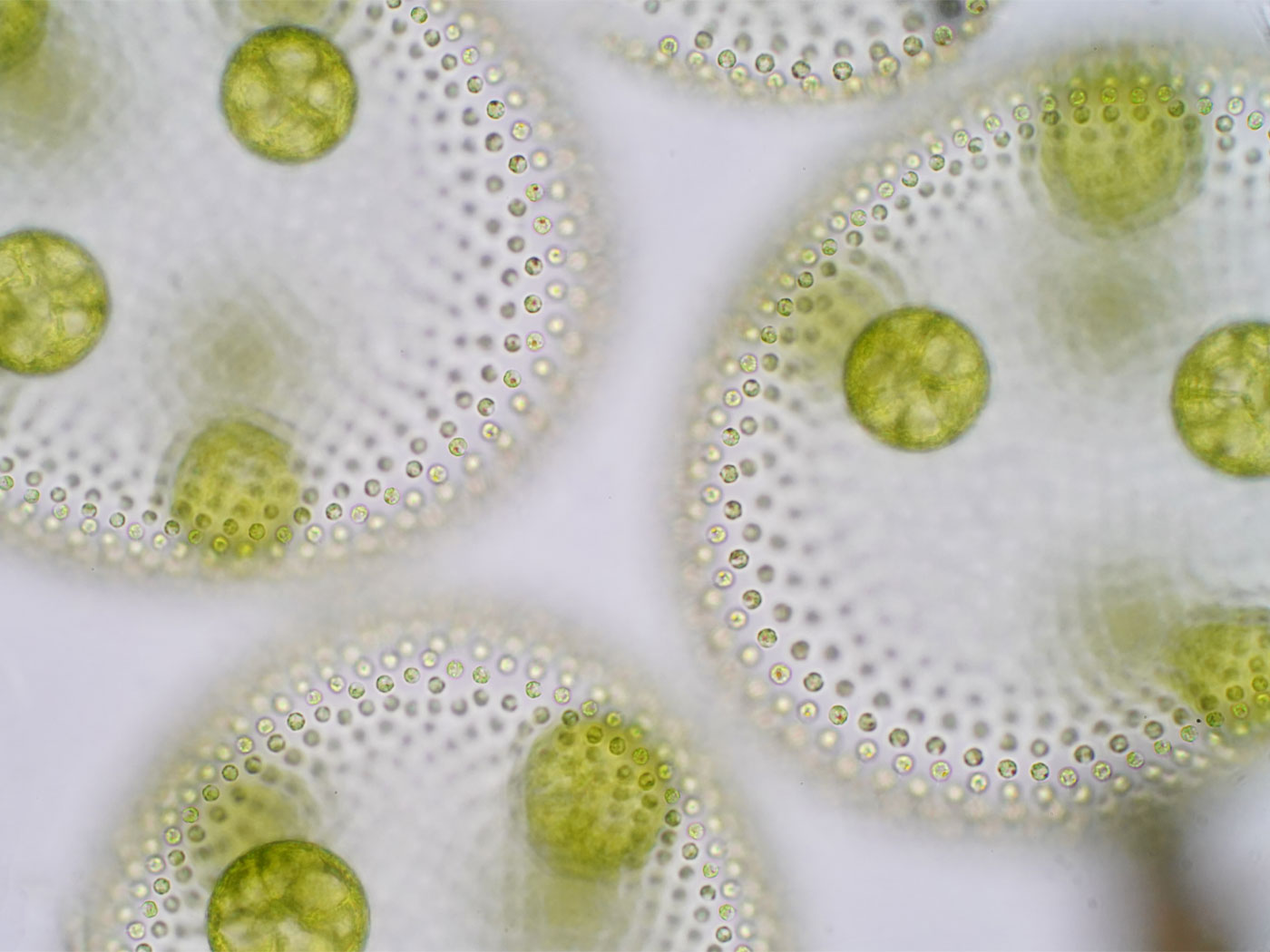The information of life is in a state of gradual decay, not upward evolution, according to at least eight technical papers published in the proceedings of a unique symposium called Biological Information: New Perspectives.1
Its 23 reports from 29 different authors showed the virtual impossibility of Darwinian selection building biologically meaningful genetic information. The third of three major themes at the symposium centered on "Difficulties in Preventing Erosion of Biological Information," according to a helpful Synopsis of the Symposium proceedings.2
Michael Behe, famous for his book Darwin's Black Box, reviewed reports of mutations that led to new functions. Even these have always led to an overall loss of biological information. But taken altogether, most mutations cause a loss-of-function, like a mutation that erases an enzyme's ability to manipulate a particular sugar. The loss of ability to manipulate that sugar may actually help the organism to survive, for instance, where its enzyme might grab a poisonous chemical that mimics the sugar. The Synopsis reads, "Because loss-of-function mutations inherently involve loss of information, there tends to be a net loss of information even while meaningful adaptation is happening."2 So, even when genetic loss leads to increased survival, information is lost forever.
In another report, plant geneticists Paul Gibson and John Sanford teamed with computation experts John Baumgardner and Wesley Brewer to test whether or not natural selection could preserve biological information, adding to Behe's observations. They found that selection cannot remove what it cannot "see." Most single mutations have little to no effect, so these very slight DNA alterations "accumulate continuously, like rust on a car," according to the Synopsis.2 Thus, evolutionary geneticists are incorrect when they claim that natural selection can somehow preserve biological information. It can't and doesn't.
In his Symposium paper, University of Texas mathematician Granville Sewell tackled the evolutionary argument that an outside energy source can reverse the universal tendency of complicated information systems to decay over time. For example, can mere sunlight entering earth somehow organize the molecules of life or expand the repertoire of living systems? Sewell examined the central formula describing disorganizing systems—one found in standard college thermodynamics textbooks. It shows that order cannot enter a system any faster than it can pass through the boundary between the outside world and that system. Because of this, importing sunlight into a living cell would add no more biological information to it than importing sunlight into a computer would build new software.
Sanford wrote of thermodynamics expert Andy MacIntosh's Symposium paper, "The fallacy is in the assertion that energy on its own can build the necessary machinery of life."2 Some intelligent person, or an intelligently designed machine like a robot, must direct that energy in specific ways to build machines, including those found inside cells.
These qualified scientists examined Darwinian evolution from about two dozen angles, and found a fatal flaw in each one. No living cell can can download or reinstall its original operating system, but it's not too late for scientists and other thinking people to download and install the clear concept that eroding information continually deteriorates living systems—just the opposite of Darwinian evolution's story.
References
- Biological Information: New Perspectives. 2013. Marks, R. J., M. J. Behe, W. A. Dembski, B. L. Gordon, and J. C. Sanford, Eds. Singapore: World Scientific Publishing Co. Pte. Ltd.
- Sanford, J. C. 2014. Biological Information: New Perspectives. A Synopsis and Limited Commentary. Waterloo, NY: FMS Publications.
* Mr. Thomas is Science Writer at the Institute for Creation Research.
Article posted on June 20, 2014.




